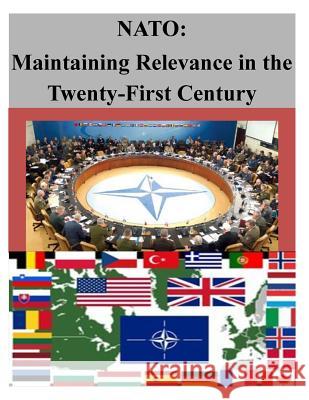NATO: Maintaining Relevance in the Twenty-First Century » książka
NATO: Maintaining Relevance in the Twenty-First Century
ISBN-13: 9781500500719 / Angielski / Miękka / 2014 / 74 str.
This study interprets the political, strategic, and institutional durability of the North Atlantic Treaty Organization (NATO) in the diplomatic revolutions of the past twenty years. In particular, the study seeks to understand the characteristics of statecraft, policy, strategy, and institutional custom and tradition that have allowed NATO as an organization and as a group of democracies to cope with the changes in the international system and the stresses and strains of domestic politics and burden-sharing in the inner workings of the alliance, its allies and partners. This study traces the process of transformation and evolution that NATO has endured by analyzing its institutional characteristics, the moral imperatives that guide its actions, and the level of involvement its major players contribute through a comparative case study encompassing such modern operations as Kosovo (KFOR) and Afghanistan (ISAF) in the years since end of the 1990s until present.
Zawartość książki może nie spełniać oczekiwań – reklamacje nie obejmują treści, która mogła nie być redakcyjnie ani merytorycznie opracowana.











